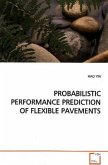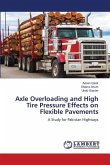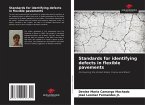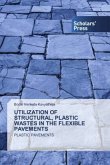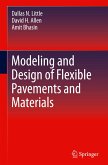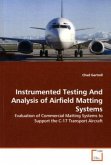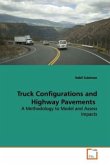Several researchers have attempted to model the
development of rutting in airport flexible
pavements, but with limited success. With the
arrival of new generation of heavy, large aircrafts,
this issue is of serious concern, especially due to
lack of performance data for new generation
aircraft. Based on test results from a full-scale,
state-of-the-art airport pavement test facility, it
is concluded that reliable prediction of permanent
deformation in airport flexible pavements is a
daunting task owing to the complexities arising from
aircraft loading sequence, gear offset and gear
offset sequence and climatic conditions. An adequate
forecast of any of these, especially the loading
sequence and offset sequence, for a 20-year design
is almost impossible. Thus, a pragmatic way to
address rutting in airport flexible pavements is to
ensure that the pavement system exhibits a stable
subgrade permanent deformation performance and thus
limit the total anticipated surface rutting to
acceptable levels.
development of rutting in airport flexible
pavements, but with limited success. With the
arrival of new generation of heavy, large aircrafts,
this issue is of serious concern, especially due to
lack of performance data for new generation
aircraft. Based on test results from a full-scale,
state-of-the-art airport pavement test facility, it
is concluded that reliable prediction of permanent
deformation in airport flexible pavements is a
daunting task owing to the complexities arising from
aircraft loading sequence, gear offset and gear
offset sequence and climatic conditions. An adequate
forecast of any of these, especially the loading
sequence and offset sequence, for a 20-year design
is almost impossible. Thus, a pragmatic way to
address rutting in airport flexible pavements is to
ensure that the pavement system exhibits a stable
subgrade permanent deformation performance and thus
limit the total anticipated surface rutting to
acceptable levels.


